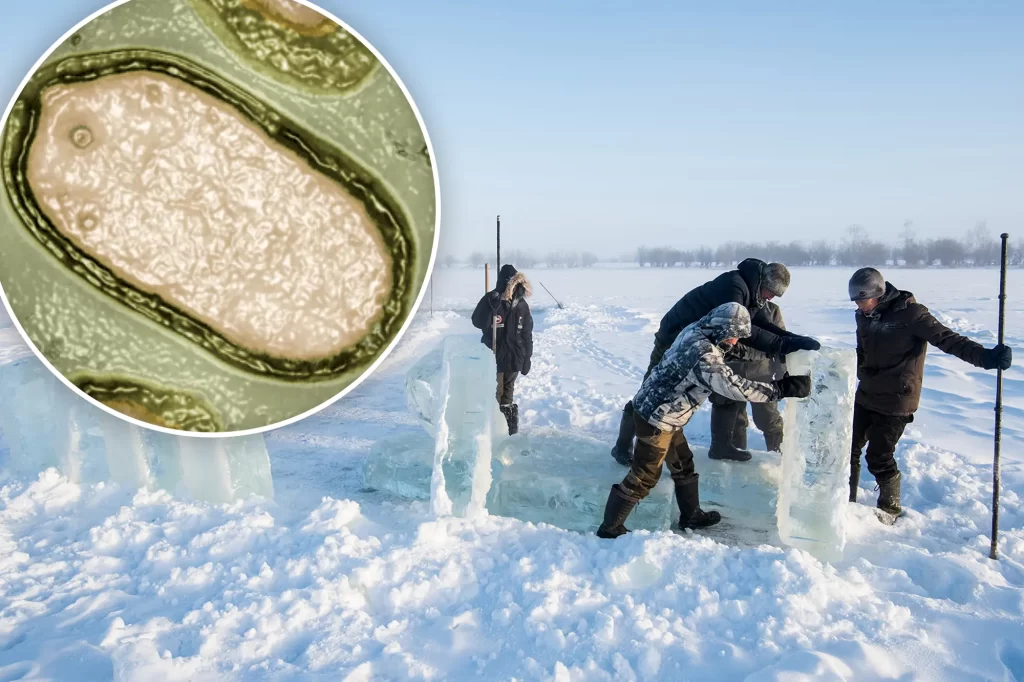Revival of Ancient “Zombie Virus” After 48,500 Years in Permafrost
By James Pebenito • May 17, 2023
Revival of Ancient “Zombie Virus” After 48,500 Years in Permafrost
A “zombie virus” was successfully reactivated following an astounding 48,500 years of slumber in permafrost, which has shocked the scientific community. Although this finding might seem concerning, there is no immediate need for concern.
Concerns are raised regarding the possible risks present in the thawing permafrost because the virus is still contagious despite its protracted hibernation. Even if this specific virus is incapable of infecting people, it acts as a warning that the release of other old viruses could directly endanger people’s health.

Unveiling Ancient Treasures: Permafrost’s Frozen Time Capsule
Over the past five decades, the Arctic has warmed at an alarming rate—three times faster than the global norm. As a result, permafrost and other previously frozen areas are starting to melt, exposing well-preserved remains of animals like lions, wolves, and even woolly mammoths. These discoveries offer important chances for contemporary scientists to research prehistoric life.
It’s crucial to put the potential risks in perspective, though. The likelihood of a zombie virus posing serious harm to human health is comparatively low, notwithstanding the possibility. New viruses are constantly being discovered in living things, so any permafrost virus would have to be very contagious and bring on diseases that are difficult to treat.
These results highlight the need for researchers to continue monitoring viral activity and researching the impact of permafrost thawing. Scientists can better comprehend and reduce any health concerns linked to the emergence of antiquated viruses by keeping a close eye on the issue.
It is crucial to view this revelation from a balanced standpoint, fusing prudence with scientific awe. The resurgence of the zombie virus serves as a sobering illustration of how interdependent Earth’s ecosystems are, as well as the possible effects of environmental changes. We can overcome these obstacles and protect human health in the face of a changing climate through continued research and preventive efforts.



